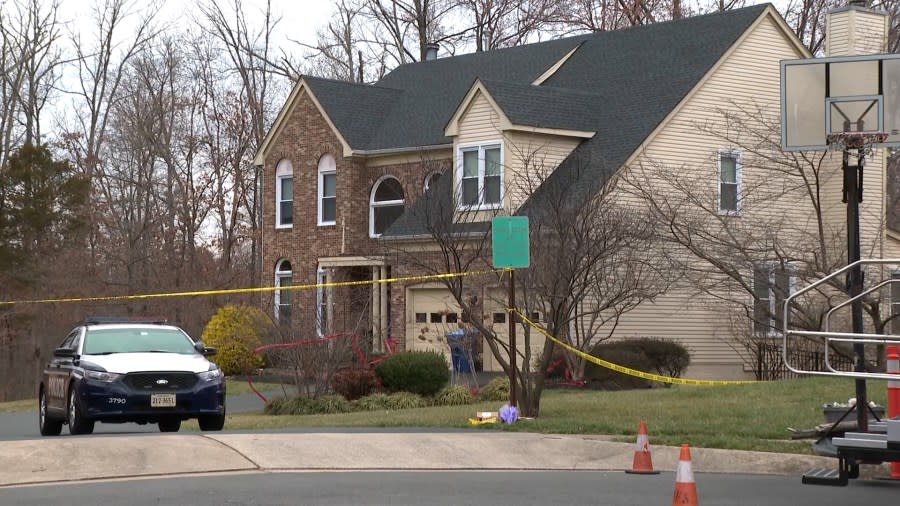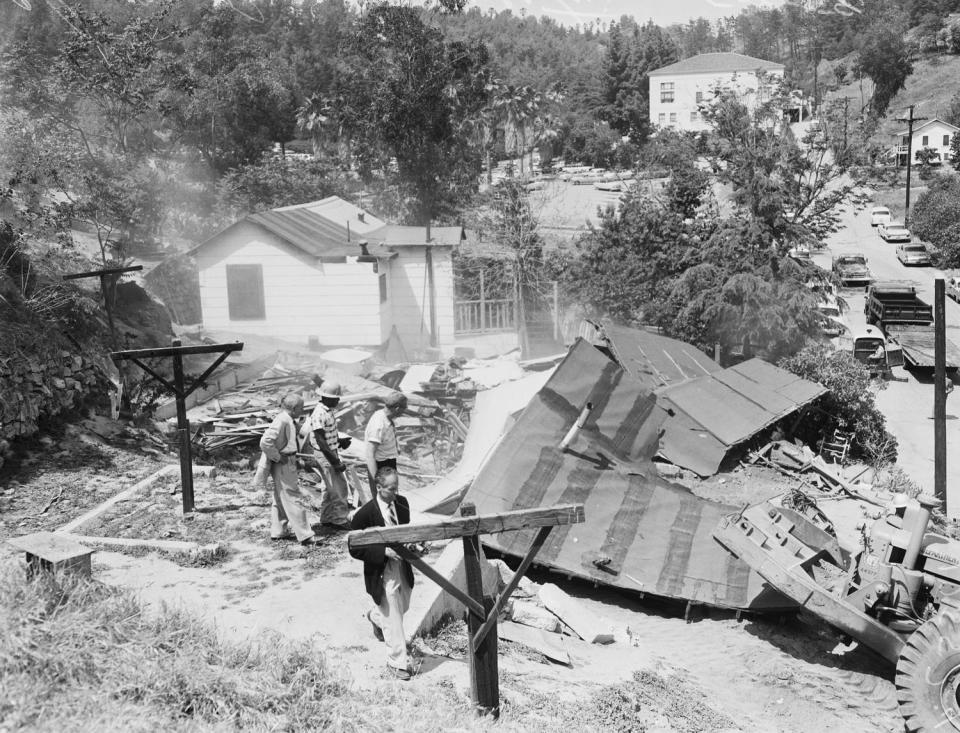
Dodger Stadium in Los Angeles is known for being one of the biggest and oldest MLB baseball parks in the country, having hosted 10 World Series and served as a grand entertainment venue for music icons like the Beatles and Elton John.
But before its construction in 1962, the area was home to thousands of residents, many of whom were of Mexican, Chinese and Italian descent. Nearly 1,800 of those families were displaced to build the stadium. State legislators are now considering a bill seeking reparations for the families.
Assemblywoman Wendy Carrillo of Los Angeles on Friday introduced the Chavez Ravine Accountability Act — “offering a path toward historical accountability, reparative measures, and a permanent memorial,” according to her office.
Known today as Chavez Ravine, the 315 acres of land between the San Gabriel Mountains and downtown Los Angeles were once home to three predominantly Mexican American neighborhoods: Palo Verde, La Loma and Bishop.
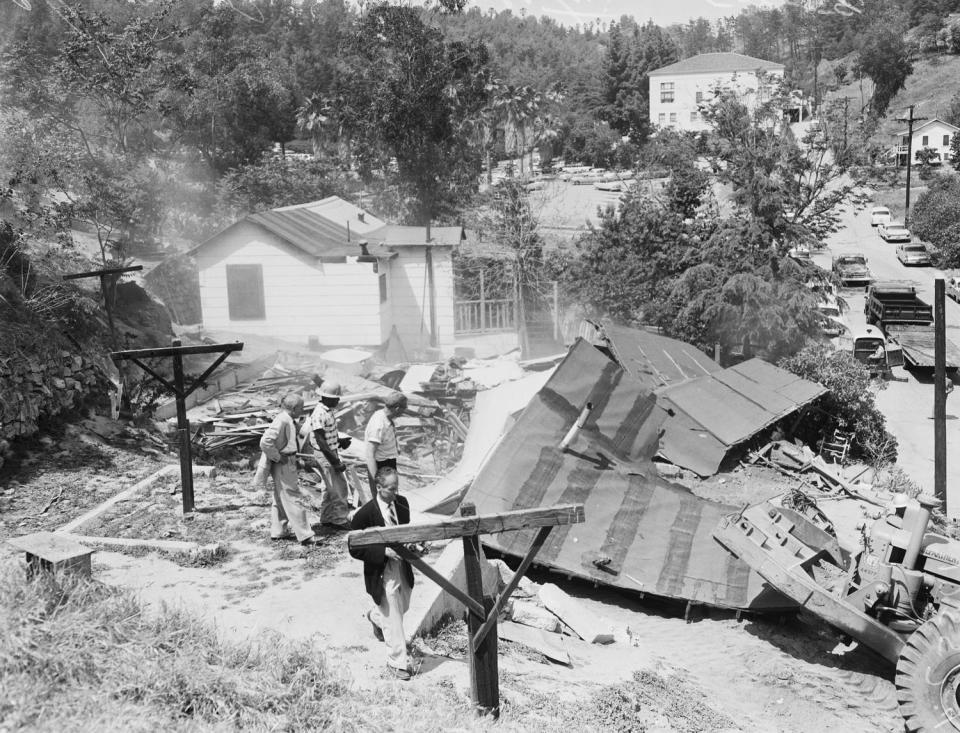
In 1950, the land was earmarked “as a prime location for redevelopment,” prompting city officials to send letters demanding Chavez Ravine residents and property owners sell their homes to make way for a public housing project, according to the bill. At the time, the city promised displaced families they would be able to return to the community and live “in the newly redeveloped housing project.”
That promise was never fulfilled.
Public housing plans for the Chavez Ravine area were abandoned in 1958 in favor of building the baseball stadium.
Previous efforts to block its construction led more than 650,000 registered voters in Los Angeles to participate in a 1957 plebiscite deciding the stadium’s fate, according to the Library of Congress.
With 62.3% voter turnout, it became the largest non-presidential election in Los Angeles at the time, and voters ultimately sided with the Dodgers’ plan to build their stadium.
More Chavez Ravine residents were evicted in 1959 “amid screaming, crying and cursing” as bulldozers cleared the site where their homes used to stand, newspaper clippings from the time show.
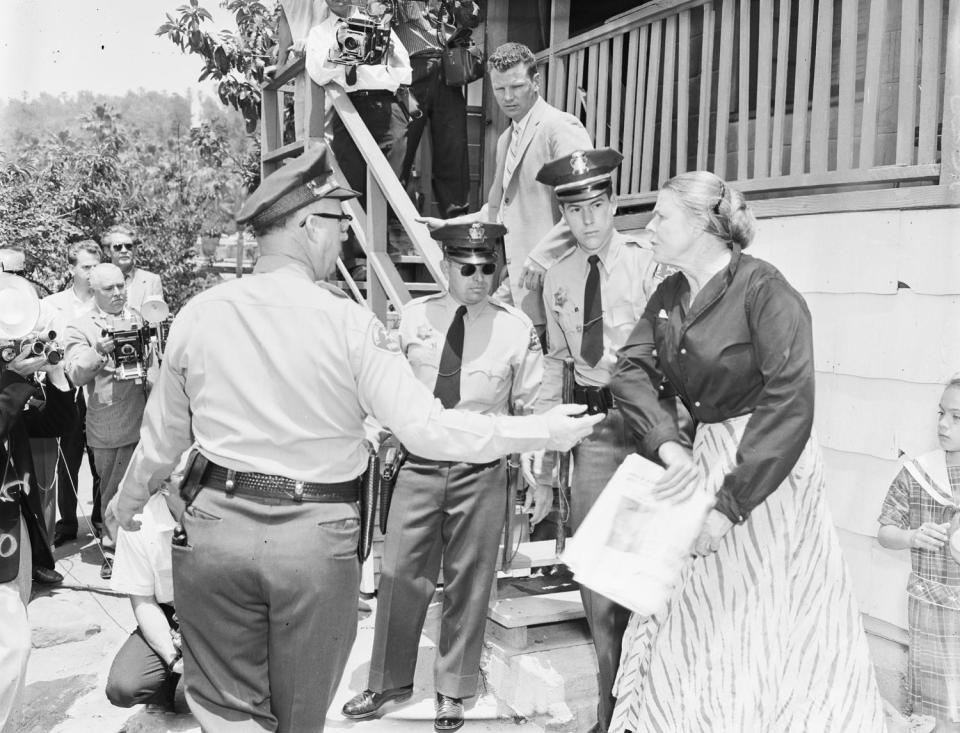
The Dodgers debuted in their new stadium in April 1962.
Aurora Vargas, Melissa Arechiga’s aunt, was among those evicted residents.
Arechiga, alongside other descendants of the displaced Chavez Ravine families, founded the nonprofit group Buried Under the Blue, which seeks to raise awareness about this history.
“Today marks the start of the journey to correct the injustices that were done to the people of Palo Verde, La Loma and Bishop,” Arechiga said at a news conference Friday. “We must hold all city, state and federal agencies accountable for their part in the destruction of the three communities — plus stealing all the future generations from their wealth as owners and renters.”
“The stories of the three communities can never be told without us,” added Arechiga, whose family’s displacement was well-documented.
Carrillo’s bill specifically proposes that the city of Los Angeles create a task force to compensate the displaced families or their descendants. The proposed forms of compensation include offers of city-owned land or fair-market-value compensation.
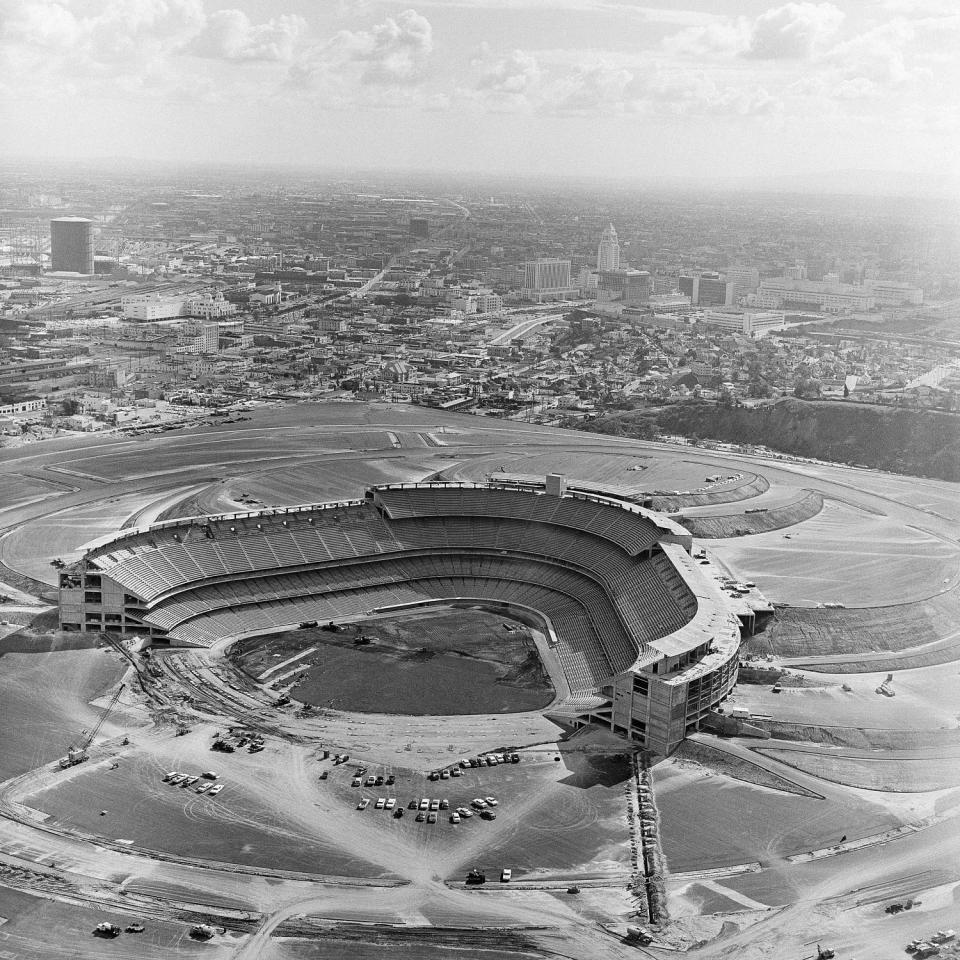
The measure, supported by state Insurance Commissioner Ricardo Lara, also calls for building a permanent memorial honoring affected families and creating a searchable database that details the history of the land acquisition.
Carrillo said the database would be essential to verify which families were displaced.
Her office also emphasized that the bill “focuses solely on the displaced community of Chavez Ravine” and does not request involvement from Dodger Stadium or the baseball team that plays there.
Carrillo said the measure will be heard in the Assembly’s Judiciary Committee but did not specify when.
After it moves through the Assembly, the bill must go before the state Senate before it lands on Gov. Gavin Newsom’s desk.
For more from NBC Latino, sign up for our weekly newsletter.
This article was originally published on NBCNews.com
EMEA Tribune is not involved in this news article, it is taken from our partners and or from the News Agencies. Copyright and Credit go to the News Agencies, email [email protected] Follow our WhatsApp verified Channel






